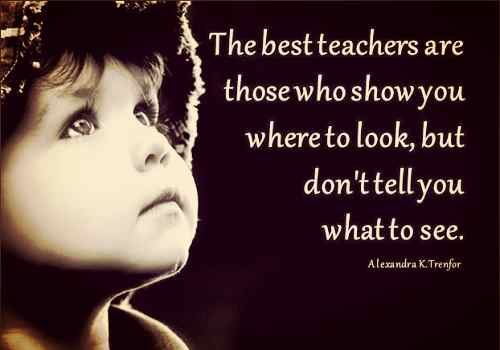Categories(658 Blogs)
Select Category
Watch Right Now
Teacher App - Class
Schedule & Attendance Management App
Parent App from Edsys
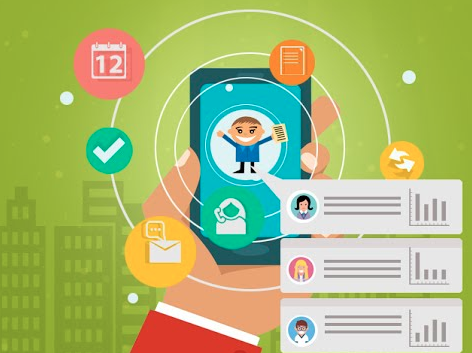
Best School Bus Tracking System
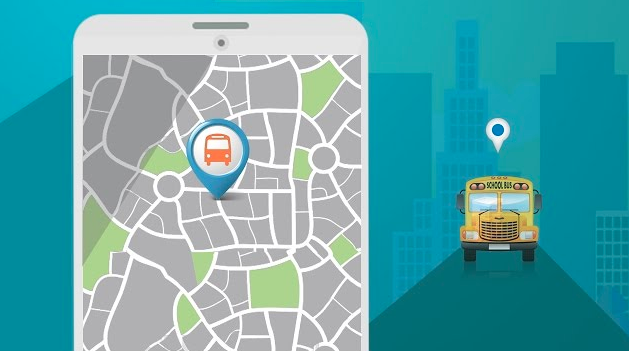
Cashless School - For Smart Schools of Tomorrow
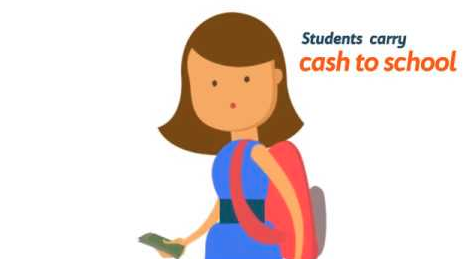

Importance of EYFS in Children’s Progress
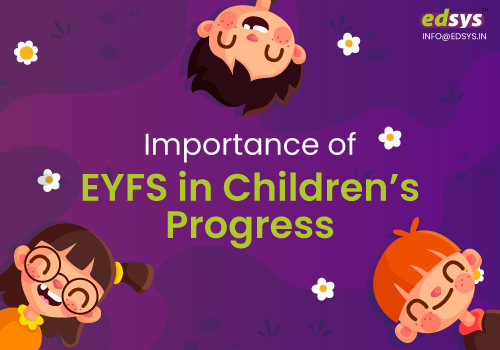
Every child is unique and they learn and develop at different rates and in different ways”- Beverley Hughes
Every child deserves the best possible start in their learning life. Early Year Foundation Stage(EYFS) provides support to children and helps to fully utilize their potential. Most children develop and learn during their early years. And the experiences they have between birth and age five have a remarkable impact on their future life.
Every child deserves a secure, good, safe and happy childhood. EYFS sets the standards for learning, growth, development and care of children from birth to five years old.
Must Read:
There are seven areas of learning and development by which a child develop skills, gain knowledge and demonstrate their understanding. Usually children develop three areas first. Those areas are
1. Physical development
2. Personal, social and emotional development
3. Communication and language
Proper development of these areas are essential for healthy growth and to have a better future learning. As children grow, they need to develop in four specific areas. And those areas are literacy, mathematics, expressive arts and science, and understanding the world.
All these seven areas help to plan the child’s learning and activities. It is the responsibility of teachers in supporting and teaching children according to their unique needs.
A separate curriculum is designed for child in primary and secondary schools. Hence it is most suitable for young children only. It is designed in a very flexible manner so that staff can change it according to the unique needs and interests of the child. In EYFS framework, children learn by playing and exploring both indoors and outdoors. Each child develop their own skills according to their creativity, imagination and critical thinking.
You May also Like:
How can Parents help their Child in Learning?
Learning and development actually begin at home itself. All the fun activities that are done at home have a vital role in the growth and development of the child. Learning done at home will have a long lasting effect on the child during their progress to schools. Even when the child is too young and unable to talk, never ignore them. Try to talk to them so that they could learn and understand new words, ideas and thus give them a motivation to speak. As a young learner, we should care to have at least some time with our child. Parents can do the following activities with their children:
- Sing and tell nursery rhymes
- Tell them about numbers, colors, letters and words when we go out
- Allow them an opportunity to cut out and stick pictures from magazines
- When we go out for supermarket tell them about different packaging shapes
- Show them how to plant seeds and water it
- Cook or bake together
- Explore the park and give them an opportunity to mingle with other children
- Try to read and share stories from good books
All these activities can greatly help children in their growth. It is better to seek some professional for knowing about different activities and books the child may enjoy at different ages. If the parents work together with caretakers or professionals, one will get a better result in their child’s development. They should exchange information and discuss things together that can provide benefits to the child. There should be a proper check and thus prepare a brief summary done by parents and teachers regarding the progress of the child at each age. This summary can help in the future learning and development of the child.
Recent Blogs
Our Educational Services
Popular Blogs
Subscribe

SUBSCRIBE TO OUR NEWSLETTER
Sign Up and Recieve the Latest News
Don’t Worry, We Don’t SpamExplore Our Extensive Researched Educational App Directory
Visit Now












